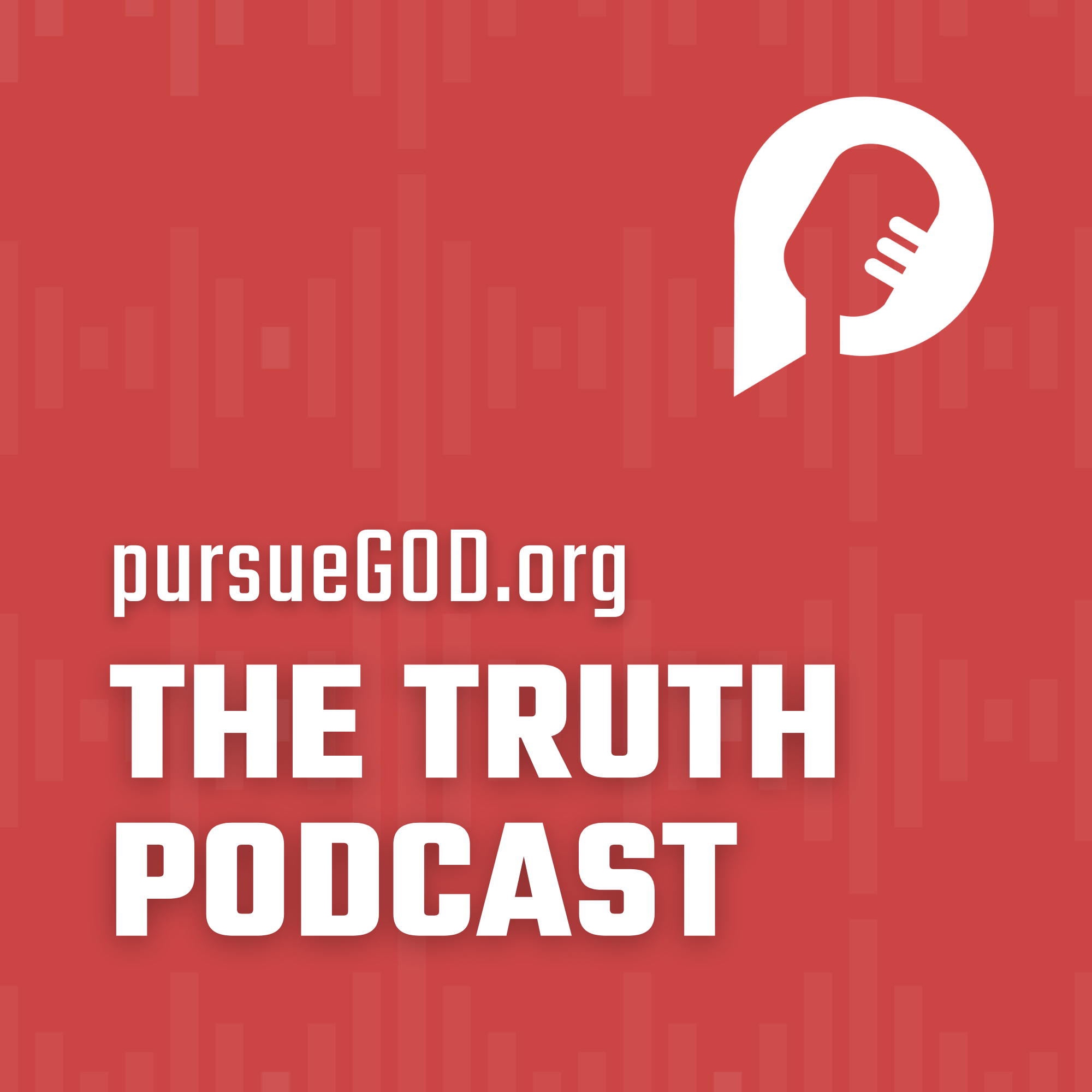Responding to the Mormon Missionary Message
Around 70,000 Mormon missionaries are trying to convert people to the LDS Church. Their main target is people from a Christian background. Church-going people need to be aware of what the missionaries are saying, because their claims are framed in biblical-sounding language. More than that, Christians don’t have to avoid Mormon missionaries. We can share good news with them that can change their lives one day. That’s the point of the book Responding to the Mormon Missionary Message, co-authored by Pursue God contributor Ross Anderson, written by former Mormons, including several former Mormon missionaries who now follow Jesus. As a response to the Mormon missionary curriculum called Preach My Gospel, this book gives an insider’s view of what the missionaries teach. Each chapter also includes practical tips about interacting with missionaries, as well as the former missionaries’ personal stories of how they became missionaries, what the missionary experience was like, and how they later came to faith in Jesus. This creates great empathy for the missionaries who come to our door, and hope for our conversations with them.Starting Points to Good ConversationsChapters 1 and 2 of the book talk about important issues that frame our discussions with Latter-day Saints. For example, the culture of Mormonism influences how they hear our message. We all have a culture. Most of us are unaware of our own. Culture gives answers to questions like: how do I know what is true or not true? What voices do I consider credible? How do I make spiritual decisions? If we understand the culture of people we’re sharing the gospel with, we can avoid stepping in a lot of land mines.Part of this is how, in Mormon culture, personal experience is the final authority for spiritual matters. Mormons elevate three sources of authority: their prophets, their scriptures, and their experiences. A spiritual experience is seen as confirmation from God directly to my own spirit, leading to the Mormon “testimony”. A testimony is an assurance, expressed publicly, that the LDS Church is true, the Book of Mormon is true, Joseph Smith was a prophet of God, and more. In practice, the testimony is a refuge for Mormons when they can’t answer or refute what Christians might say. Keep in mind that testimony is a valid form of knowledge, and experience has an important role to play in the historic Christian faith. The difference is that for Christians, our experiences are secondary to the Bible. If they go against what the Bible says, they are not valid. For Mormons, experience trumps every other source of truth.Because Christians have our own testimony of God’s reality and work in our lives, we can bear our testimony to Mormons. 1 John 5:9-13 (ESV) If we receive the testimony of men, the testimony of God is greater, for this is the testimony of God that he has borne concerning his Son. 10 Whoever believes in the Son of God has the testimony in himself. Whoever does not believe God has made him a liar, because he has not believed in the testimony that God has borne concerning his Son. 11 And this is the testimony, that God gave us eternal life, and this life is in his Son. 12 Whoever has the Son has life; whoever does not have the Son of God does not have life. 13 I write these things to you who believe in the name of the Son of God, that you may know that you have eternal life.<br/>We can use these verses before sharing our own testimony of faith. They point out that our testimony lines up with God’s testimony, which is the ultimate testimony of truth. This testimony states that God has given us life. Whoever has the Son, has that life. We can share how we have come to know and experience that ourselves.Then we can ask the missionaries, as we bear our testimony, “Do you have this lif

